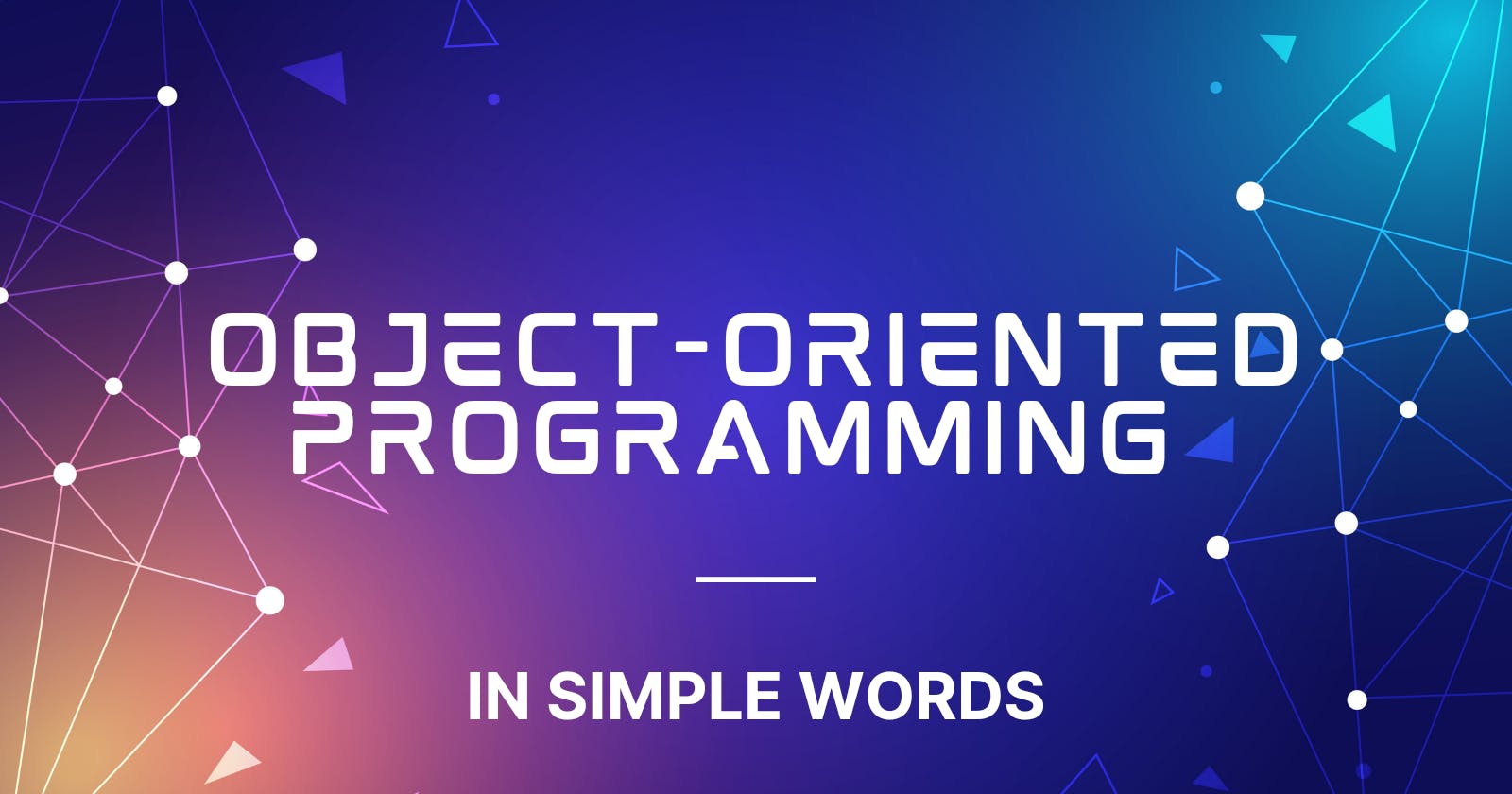Simplified Object Oriented Programming (OOPs) Concept.
If you are a beginner then this article will help you a lot in understanding the OOPs concept.
OOPs Paradigm
Object-Oriented Programming is a new way of solving problems with computers, instead of trying to mold the problem into something familiar to the computer, the computer is adapted to the problem.
Some aspects of OOPs
Reusability :
It means the modules of code can be further used within the program.
Flexibility :
It means being able to change or replace modules without disturbing other parts of the code.
Speed :
By reusing the code and enhancing the existing code speed is gained.
Four pillars of OOPs:
- Data Abstraction
- Encapsulation
- Inheritance
- Polymorphism
Data Abstraction:
Abstraction is one of the key concepts of object-oriented programming (OOP) languages. Its main goal is to handle complexity by hiding unnecessary details from the user.
Encapsulation:
Encapsulation is a concept of binding data and its methods together in a single unit and keeping them safe from external interference and misuse.
Inheritance:
Inheritance allows the extension and reuse of existing code without having to rewrite the code from scratch.
Polymorphism:
Polymorphism allows a single name/operator to be associated with different operations depending on the type of data passed to it or in simple words you can say many forms.
Conclusion
In this article, you have learned about Object Oriented Programming and what are its four pillars, which are the base of OOPs and I have explained it in very simple language.
Hope you enjoyed the article and thank you for giving your precious time.
